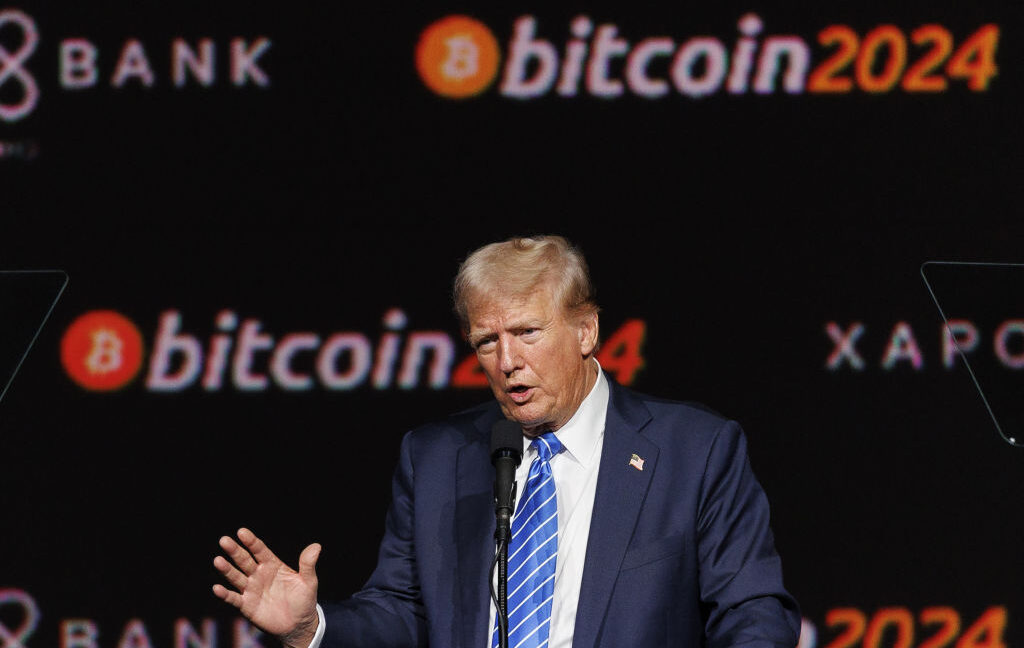Hacker who stole 120,000 bitcoins wants a second chance—and a security job
“When I was a black hat hacker, I was isolated and paranoid,” he wrote. “Working with the good guys, being part of a team solving a bigger problem felt surprisingly good. I realized that I could use my technical skills to make a difference.
Lichtenstein, who did not immediately respond to Ars’ request for comment, noted that he was sentenced to 60 months in prison and spent “nearly [four] years in some of the harshest jails in the country.” While in prison, Lichtenstein says that he spent as much time as he could in the prison library studying math books to engage his mind and distract himself from his surroundings.
The 38-year-old added that he was “released to home confinement earlier this month.”
Convicted hackers cooperating with federal authorities or turning their lives around is not without precedent.
One notable example is the late Kevin Mitnick, who was convicted of multiple phone and computer crime cases in the 1980s and 1990s. Mitnick eventually started his own security consulting company and became a penetration tester and public speaker for many years before his death in 2023.
“Now begins the real challenge of regaining the community’s trust,” Lichtenstein concluded, noting that he wants to work in cybersecurity.
“I think like an adversary,” he said. “I’ve been an adversary. Now I can use those same skills to stop the next billion-dollar hack.”
Hacker who stole 120,000 bitcoins wants a second chance—and a security job Read More »













